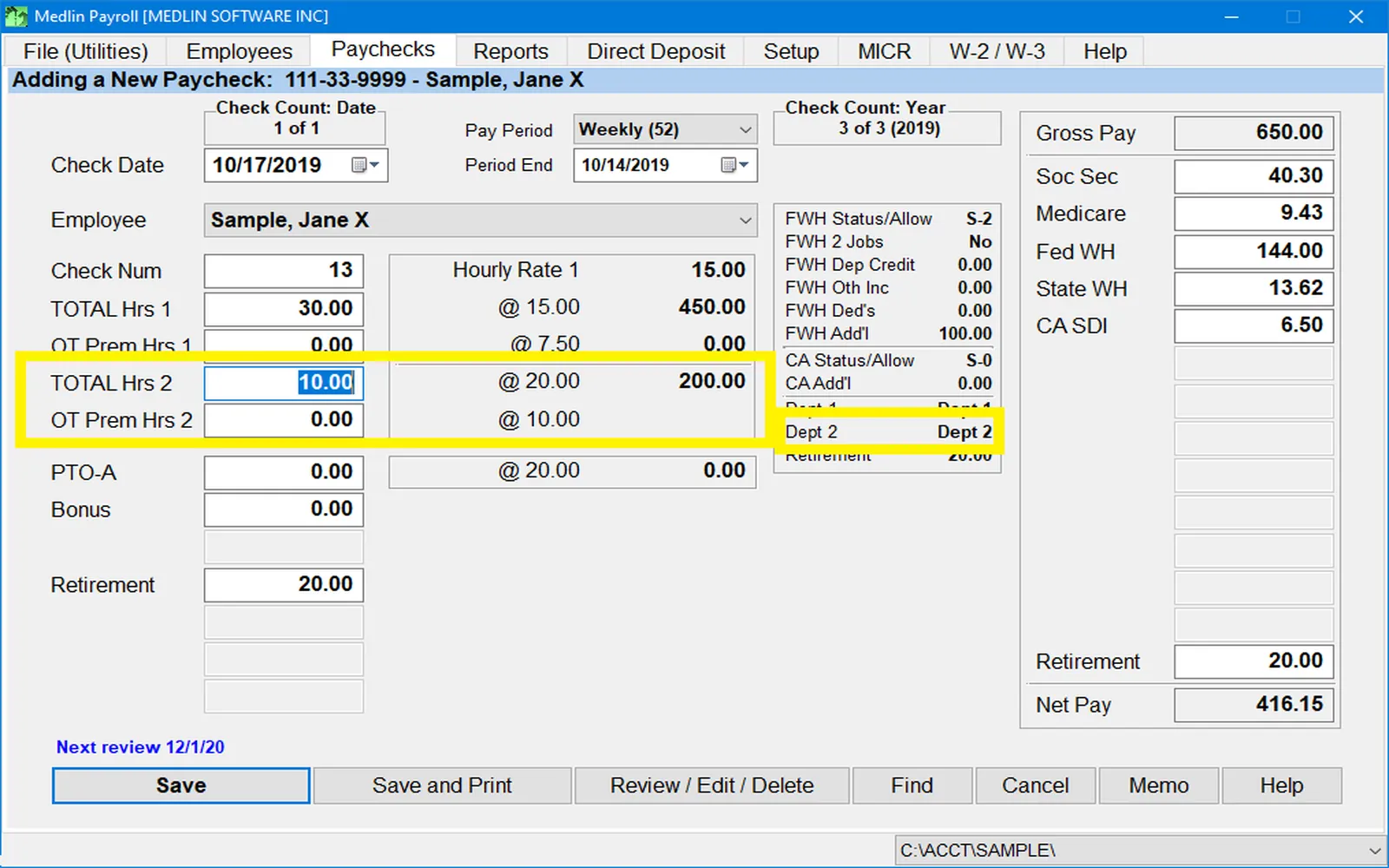When it comes to financing your small business, choosing the right loan option can make a significant difference in your growth potential. Understanding the various types of loans available and their respective benefits is crucial for making an informed decision. Below, we explore some of the best loan options for small business owners and how they can cater to different needs.
1. Small Business Administration (SBA) Loans
SBA loans are one of the most popular financing options for small businesses in the United States. Backed by the federal government, these loans offer favorable terms, including lower interest rates and longer repayment periods. The two main types of SBA loans include:
- SBA 7(a) Loan: This is the most common type of SBA loan, ideal for a variety of business purposes, including working capital, equipment purchases, and real estate. Loan amounts can go up to $5 million.
- SBA 504 Loan: This loan is specifically designed for purchasing fixed assets like real estate or large equipment. It allows businesses to finance up to 90% of the project cost.
2. Traditional Bank Loans
Traditional bank loans are another viable option for small business owners. These loans typically offer larger amounts and lower interest rates than alternative options. However, they often come with stringent qualification criteria. Here are the key features:
- Loan Amounts: Can vary significantly, often starting from $25,000 to several million.
- Repayment Terms: Generally range from 3 to 10 years, depending on the loan type.
- Collateral Requirements: Many banks require collateral, which can put your assets at risk.
3. Online Lenders
Online lenders have surged in popularity due to their quick application processes and less stringent requirements compared to traditional banks. They are an excellent option for small business owners who may not qualify for a traditional loan. Here are some benefits:
- Speed: Funds can often be available in as little as 24 hours after approval.
- Accessibility: Less rigorous credit checks and documentation requirements make them ideal for startups and businesses with lower credit scores.
4. Business Lines of Credit
A business line of credit offers flexibility to small business owners. It functions like a credit card, allowing you to borrow funds as needed, up to a predetermined limit. This option is particularly useful for managing cash flow. Key points include:
- Revolving Credit: You can withdraw, repay, and borrow again as needed.
- Interest Rates: Typically variable, which means they can fluctuate based on market conditions.
5. Equipment Financing
If your small business requires specialized equipment, equipment financing may be the most suitable option. This loan is specifically designed to help you purchase equipment, and the equipment itself usually serves as collateral. Here’s what to consider:
- Loan Amounts: Generally covers the full cost of the equipment.
- Term Lengths: Usually aligned with the useful life of the equipment, often ranging from 3 to 7 years.
6. Merchant Cash Advances
For businesses that have a steady stream of credit card sales, a merchant cash advance can provide quick access to cash. This option allows you to receive a lump sum in exchange for a percentage of future credit card sales. However, it comes with higher costs, so it should be used cautiously:
- Quick Funding: Funds are often available within days.
- Flexible Repayment: Payments are automatically deducted from daily credit card sales.
- High Cost: Compared to other financing options, merchant cash advances can be more expensive due to high fees.
Comparison Chart of Loan Options
| Loan Type | Typical Loan Amount | Interest Rates | Repayment Terms | Best For |
|---|---|---|---|---|
| SBA Loans | $5,000 - $5 million | 5% - 10% | 10 - 25 years | Variety of purposes |
| Traditional Bank Loans | $25,000 - $5 million | 3% - 7% | 3 - 10 years | Large purchases |
| Online Lenders | $5,000 - $500,000 | 7% - 30% | 6 months - 5 years | Quick access to funds |
| Business Lines of Credit | $10,000 - $500,000 | 8% - 25% | 1 - 5 years | Cash flow management |
| Equipment Financing | Full cost of equipment | 6% - 30% | 3 - 7 years | Purchasing equipment |
| Merchant Cash Advances | $5,000 - $500,000 | High fees | Short-term | Quick cash needs |
Ultimately, the best loan option for small business owners depends on individual circumstances, including credit history, business type, and financial needs. By considering the various options and understanding their characteristics, you can make a well-informed decision that supports your business growth.









